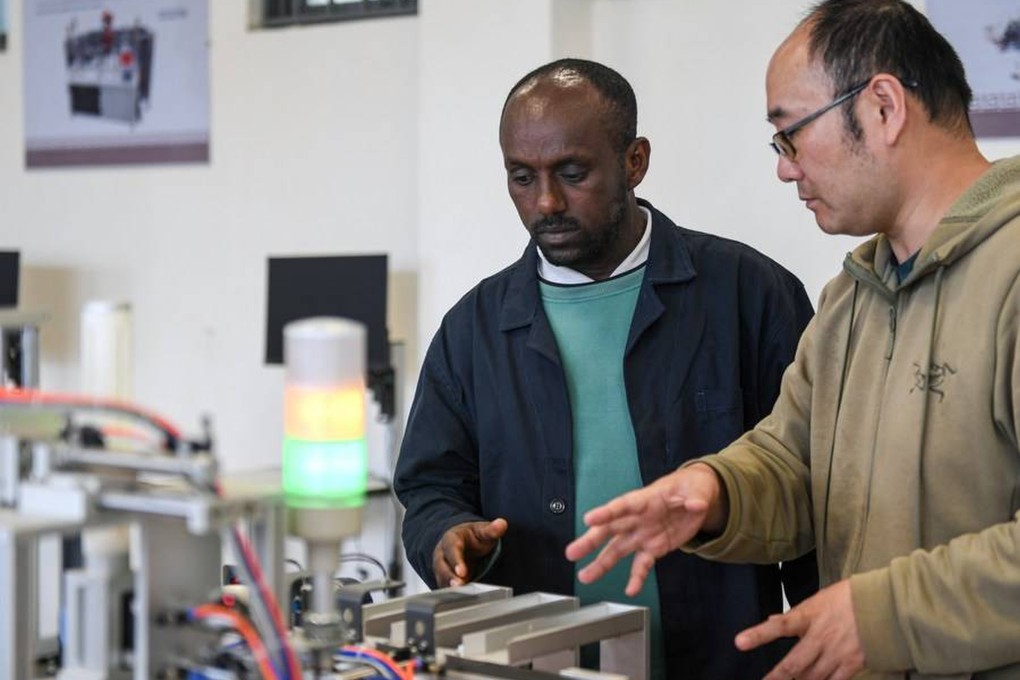Opinion | Can China build 2-way bridges with Global South partners?
Luban workshops teaching practical skills can shine where Confucius Institutes failed if they truly enable mutual exchanges

Fortunately, where Confucius Institutes have failed, Luban workshops have the potential to succeed. Since the first centre was established in 2016, the workshops have become a network of vocational training schools across Africa and Asia, offering courses such as electromechanics, new energy vehicles and “Internet of Things” engineering.
Luban courses focus on skills that can be easily transferred to the workplace. This is arguably way more practical than courses offered by Confucius Institutes, such as calligraphy, which many would see as a hobby, or Chinese language, which requires years of study for students to only scratch the surface.
Thus, although they have a more technical orientation, courses offered by Luban workshops could have a stronger cultural impact than Confucius Institute offerings.
